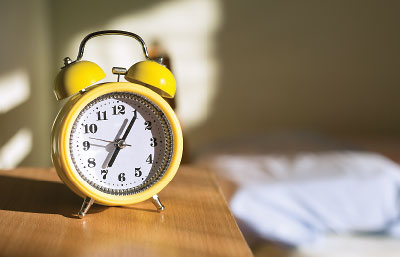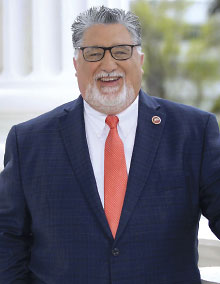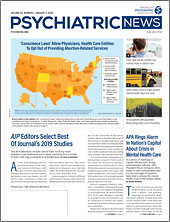California is the first state to mandate later start times for its public middle and high schools, including charter schools. SB 328, signed into law by California Gov. Gavin Newsom (D) last fall, requires high schools to start classes no earlier than 8:30 a.m. and middle schools to start classes no earlier than 8 a.m. The new start times must be in place by the beginning of the 2022-2023 academic year.
About three million students attend schools affected by the legislation. Nearly 80% of California schools now start before 8:30 a.m., some as early as 7 a.m.
Insufficient sleep puts children and teens at increased risk of self-harming behavior, suicide, depression, anxiety, low self-esteem, inattention, substance abuse, and other mental health problems, psychiatrist Anoop Karippot, M.D., told California lawmakers considering the school start time bill last summer.
Karippot, chair of the Department of Psychiatry at Scripps Mercy Hospital in San Diego, spoke on behalf of the California Psychiatric Association, California Academy of Child and Adolescent Psychiatry, and California Sleep Society. He is the president of the California Sleep Society.
Adolescents need an average of 8.5 to 9.5 hours of sleep for optimal mental health, Karippot noted. The normal delay in the biological clock that occurs in adolescence pushes teenagers’ bedtimes later and makes it hard for them to fall asleep before 11 p.m. When schools start before 8:30 a.m., he said, teenagers need to awaken at an early hour, but most cannot fall asleep early enough to get the sleep they need.
Parents, educators, and others also played a key role in the bill’s success, Joy Wake told Psychiatric News. She is the founder of the Sacramento-based High School Parent Engagement Group and a legislative advocate for the national nonprofit Start School Later Inc.
“We emphasized that insufficient sleep in adolescents is a public health issue,” Wake said. “Children should not be forced by their educational system to do something their physicians think is bad for them.”
The teacher contracts in many local school districts contain language that makes it difficult to delay start times even if those districts prefer that, Wake noted. “That’s why statewide legislation is essential,” she said.
The American Academy of Pediatrics (AAP) recommended in 2014 that the nation’s middle and high schools start at 8:30 a.m. or later. Leading health and education organizations including the AMA, Centers for Disease Control and Prevention, and National Parent Teacher Association, have endorsed AAP’s recommendation.
With help from Start School Later Inc., California state Sen. Anthony Portantino (D), author of SB 328, prepared a 231-page document, “School Start Time Research and Information,” to provide scientific evidence backing later start times.
A 2018 version of Portantino’s bill specified that both high schools and middle schools start no earlier than 8:30 a.m. That bill made it to the desk of then-Gov. Jerry Brown (D), who vetoed it, calling it a “one size fits all” approach. While the bill that was enacted requires middle schools to start no earlier than 8 a.m., it does not preclude their starting later.
The new law exempts rural school districts, which often have high transportation costs and cover large areas. It also exempts schools that serve both middle school and primary school students. The law permits optional before-school “zero” periods, typically used for sports’ practice and other electives, despite concerns that early morning activities may cut into students’ sleep.
Implementation of the law likely will prove challenging for some families and communities, said Rafael Pelayo, M.D., a clinical professor of psychiatry and behavioral sciences at the Stanford University Center for Sleep Sciences and Medicine and president-elect of the California Sleep Society. “Every school schedule inconveniences some people,” he said. “Communities organize themselves around school schedules. Because there’s a three-year implementation period,” he noted, “people have time to anticipate changes and to adapt.”
Psychiatrists are among the few medical specialists who routinely ask about sleep and recognize the importance of good sleep for mental health, Pelayo said. Broad consensus among psychiatric and other groups supporting the bill, he said, lays out a blueprint for other state and national efforts to provide healthy sleep for adolescents. ■
The text of SB 328 is posted
here. “School Start Time Research and Information” is posted
here.


